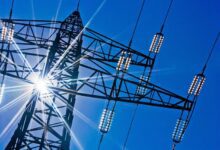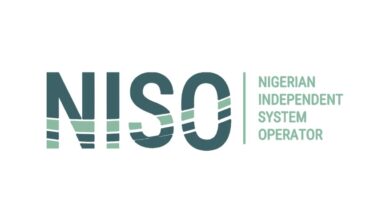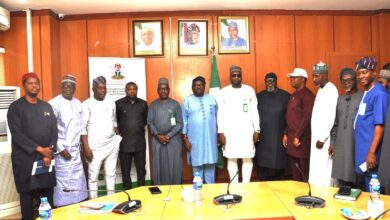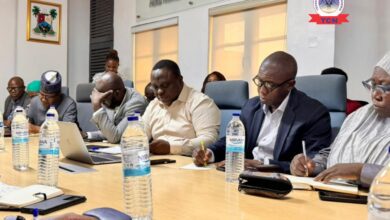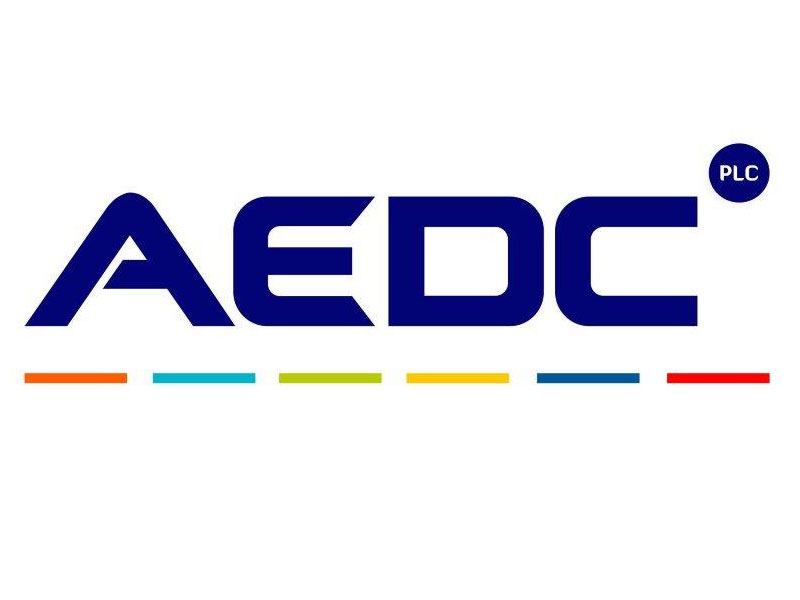No More Automatic Renewal Of Power Licences -Adelabu Declares

In view of the under-capitalisation of the Nigerian power sector, the Minister of Power, Adebayo Adelabu has declared that going forward, there would be no more automatic renewal of power licences for either Generation Companies (GenCos) or Distribution Companies (DisCos) operating in the country.
The Minister made the declaration at the Nigeria Electricity Supply Industry (NESI) Market Participants and Stakeholder Roundtable (NMPSR) held on Monday in Abuja.
TheFact Daily reports that the conference with the theme: “NESI privatization and its 10-year milestone: The Journey So Far, Opportunities and Prospects,” brought together industry experts and other stakeholders to brainstorm on ways to move the power sector forward.
Speaking, Adelabu said, “10 years down the line, the licences are expiring, and now is the time for renewal. Renewal is not automatic. Any of the privatised companies that have not lived up to expectations would not have its licence renewed.
“We have to consider whether you have complied with the terms and conditions of the licence you were given. We will look at the technical capacity of the GenCos and DisCos. We will look at the financial credibility of the DisCos. How much investment have you made since you got these licences? How much improvement have you made to the infrastructure? How much of the Aggregate Technical, Commercial, and Collection (ATC&C) Losses have you reduced based on the agreement when you were given those licences?
“These are the very serious conversations we need to have with the private sector operators at the distribution and generation company level”, he said.
The Power Minister said, “the question to ask is whether we have achieved the objectives of the power privatisation. On the scale 0 to 100 what is our score? Personally, I will say no. Which is why it is pertinent for all the industry players and all the stakeholders to come to a roundtable and discuss. What are the reasons responsible for this, and what are the things we need to do to actually achieve the objectives of privatisation?
“Most countries of the world do not privatise their electricity supply value chain from generation to distribution to transmission, but bad enough that we have done this, how can we work around the current status to achieve our priorities and objectives?
“It is not a job for just one person or a stakeholder. It is a job for everybody. Everybody has a role to play. The government as a power ministry has a role to play. The agencies under the power ministry have a role to play. The Bureau for Public Enterprises (BPE) that led the privatisation has a role to play.
“And the private sector operators like the gas companies, GenCos, DisCos, as well as the Transmission Company of Nigeria (TCN). We must all come together and play our role so that we can come out strong to achieve the success of the industry. A chain is as strong as its weakest link. Everybody must stand up to the challenge”, he said.
Also speaking, the Senate President, Senator Godswill Akpabio said, the conference was “a gathering for a very sober assessment of what has been achieved, what has not been achieved, why it has not been achieved and how can we ameliorate the impediments that stand as obstacles to attaining the fundamental requirement of consistent 24/7 power supply that is sufficient to progress our country socio-economically”.
Akpabio who was represented by the Chairman, Senate Committee on Power, Senator Enyinnaya Abaribe noted that the legislators, particularly the Senate, were happy to have played a role in seeking to progress the sector by recently enacting the Electricity Act, 2023, thereby supplanting EPSRA.
“Under the new Act, we sought to address the inconsistencies, the areas of lacunae, incorporate changes borne of the evolution of a privatized NESI, establish the grounds of a broader participation of the states in the electricity value chain, as well as put in place mechanisms or measures to dissuade those who would increase our challenges by stealing electricity or vandalizing related equipment”, he added.
On his part, the Speaker of the House of Representatives, Hon. Tajudeen Abbas said, despite the efforts made by the legislature over the years to enact legislation that provides legal support to the operations of the power sector, numerous challenges persist.
He said, “in response to these challenges, the 10th House of Representatives has prioritized the power sector in its Legislative Agenda. The aim is to address issues such as insufficient generation and transmission capacity, energy theft, inefficient distribution, tariffs, and corruption, among others”.
Abbas who was represented by the Chairman, House Committee on Power, Hon. Victor Nwokolo, said, “as part of our efforts at addressing the challenges of the power sector, the House recently directed its committee on Power to investigate Federal government’s financial interventions for the power sector since the privatization in 2013.
“This inquiry has become imperative due to persistent complaints from the Distribution Companies (DISCOS) about revenue generation and collection, despite the government injecting 7 trillion into the sector.
“I take this opportunity to invite you all to contribute your valuable insights and advice to the Committee, as we strive to unravel the seemingly intractable challenges plaguing this sector”, he said.
Earlier, the Director General of the Bureau of Public Enterprises (BPE), Mr Alex Okoh said, it was needless to continue to dwell on past challenges, noting that attention should be jointly and constructively focused on what could be done to resolve the sector issues and achieve optimal performance of the NESI.


